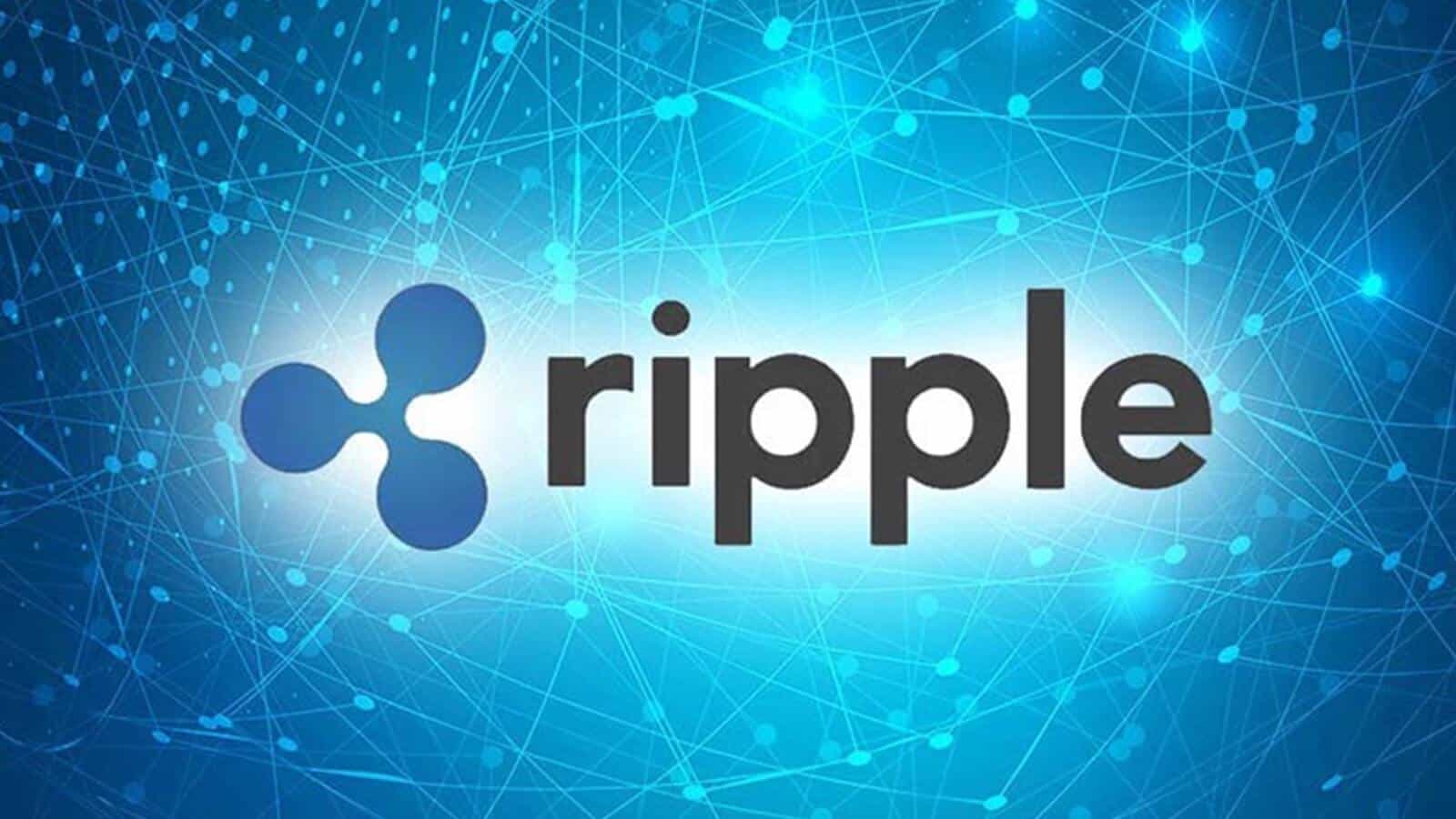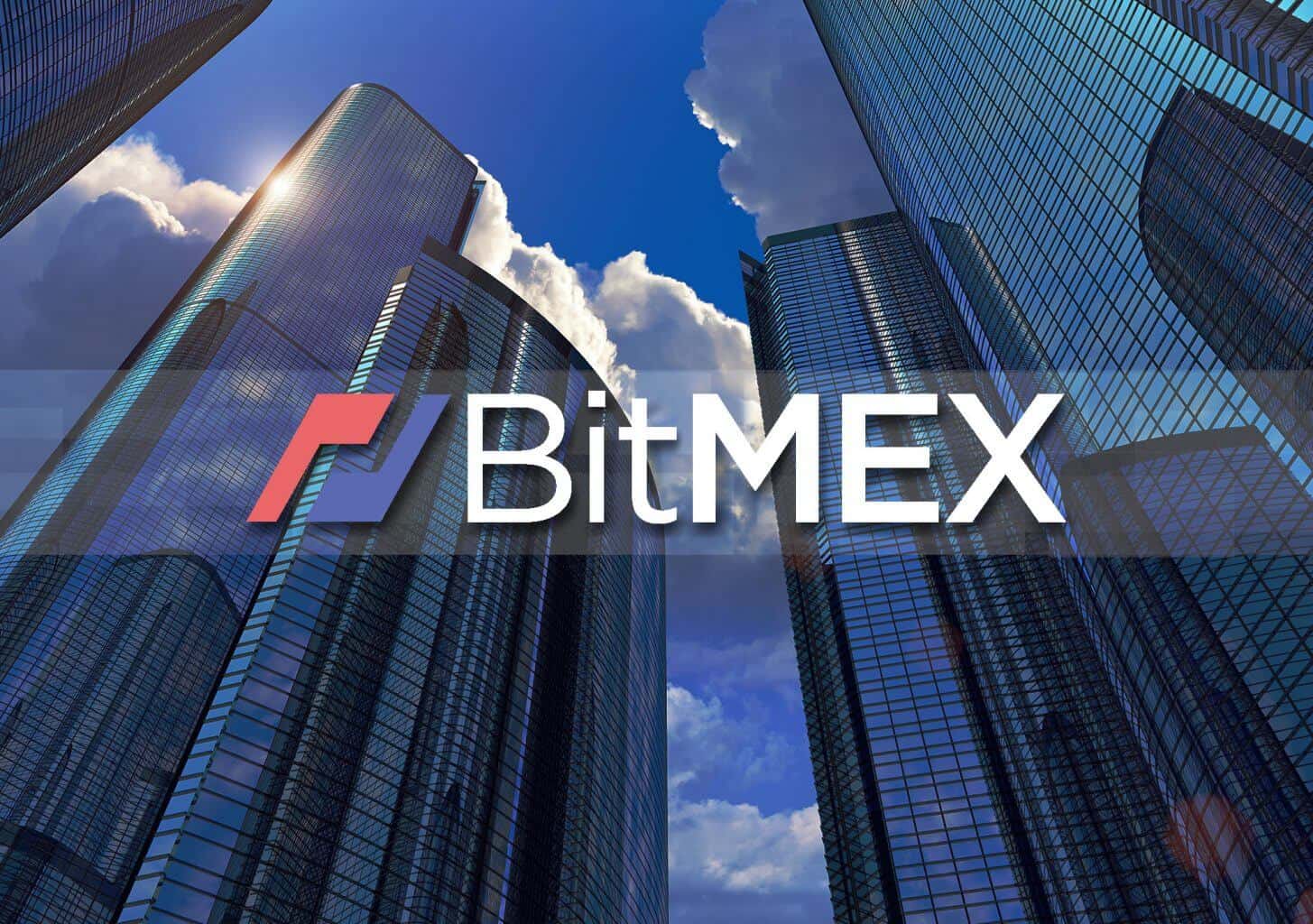Join Our Telegram channel to stay up to date on breaking news coverage
Ripple’s XRP token has been touted as the answer to complicated cross-border payments since its inception. Ripple has been mildly successful with the uptake of its XRP token in cryptocurrency exchanges around the world, with the most recent success coming from Japan.
Japan fast becoming the center of mainstream crypto adoption
However, it is also from Japan where the competition is fiercest. The Nikkei Asian Review has recently released news regarding a new cryptocurrency that will have the same use as Ripple only it is backed by some of the largest banks in the world. The two banks leading the charge are MUFG and Sumitomo, who have called on their counterparts in Europe and the United States to create Fnality International.
Fnality International will be a London-based cross-border settlement framework that works on blockchain and uses a stablecoin system. The startup has already raised close to 70 million US Dollars in capital from the consortium of banks that are looking to the company to provide faster and more efficient transaction services. Fnality will create accounts in each of the banks before it finally creates a different type of cryptocurrency that they are calling a Utility Settlement Coin (USC).
The USCs will be pegged to real-world fiat currencies and will have a one to one ratio underpinning them. If there is a transaction that starts in Japan and terminates in the US, then the Japanese bank will deposit Yen in the Japanese Central Bank. On the other side of the ocean, Fnality will issue the same number of USCs to the receiving (United States) bank that will then be converted into US Dollars and sent to the recipients’ bank account.
This will, according to the Wall Street Journal, drastically reduce the cost of international payments by “eliminating” third-party intermediaries. Crypto enthusiasts point out the fact that is nowhere near true as Fnality sits square in the middle of the transaction. However, Hyder Jaffrey who is the head of investment strategy at UBS explains this slightly better. It’s not so much about the third party, but about removing risk.
“You remove settlement risk, the counterparty risk, the market risk. All of those risks add up to costs and inefficiencies in the marketplace. “
The costs are more due to inefficiencies in the market than the explicit use of third parties, and removing these risks with a blockchain system will give banks a safer faster and more trustworthy medium to enable cross-border payments.
Ripple to become irrelevant?
What does this mean for Ripple and its native XRP token? While there has been no shortage of competitors to Ripple in the past few years, very few have had the backing of so many large financial institutions. In fact, JP Morgan Chase has developed their own settlement network based on blockchain that they unveiled earlier this year.
However, JP Morgan is using their blockchain exclusively for internal settlements and does not pose as much of a risk to Ripple as USC which is a multi-party blockchain that can cause quite the stir once it becomes fully operational.
There is one ray of sunlight for Ripple and that it is a mature technology that is seeing more and more uptake around the world. In particular, it is going to be the backbone of a cross-border payment system that is being used by 80% of the Japanese banking sector. The future will be interesting for the battle of cross-border payments.
Join Our Telegram channel to stay up to date on breaking news coverage


